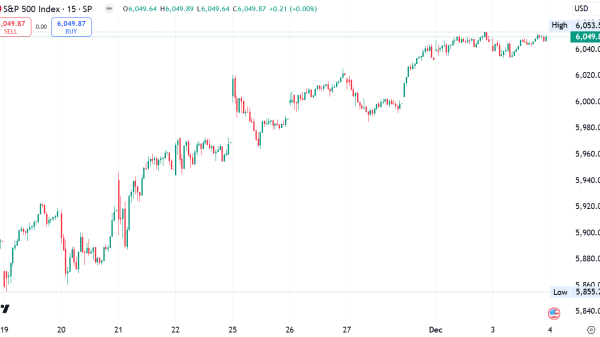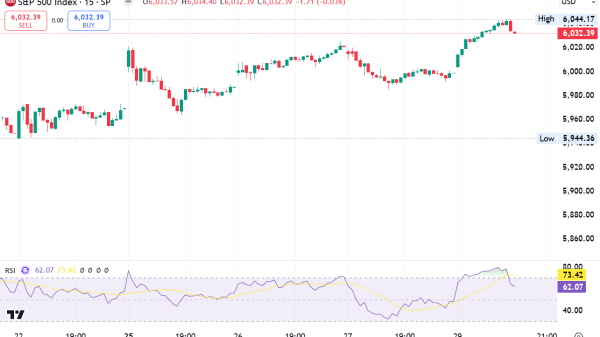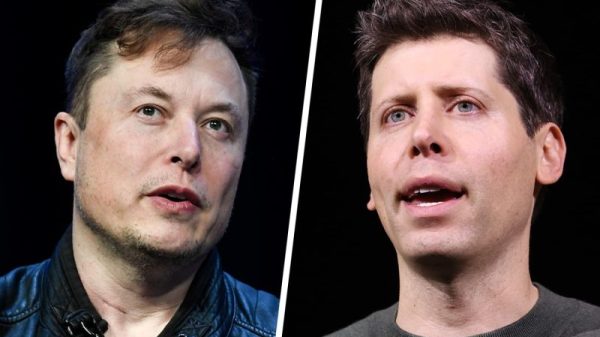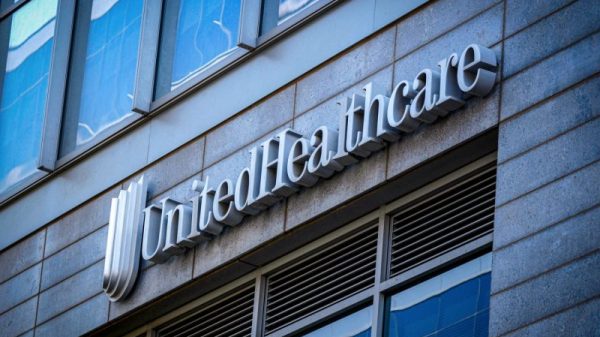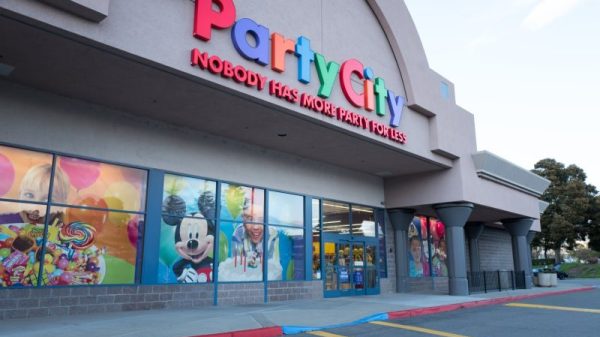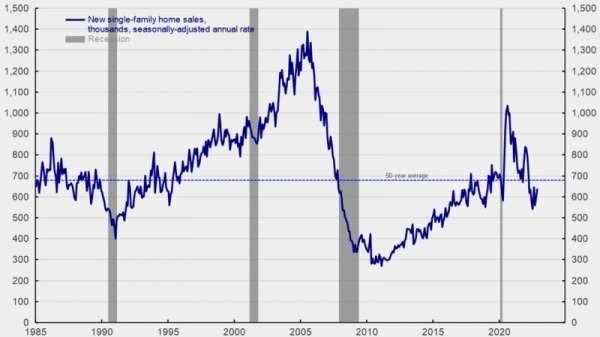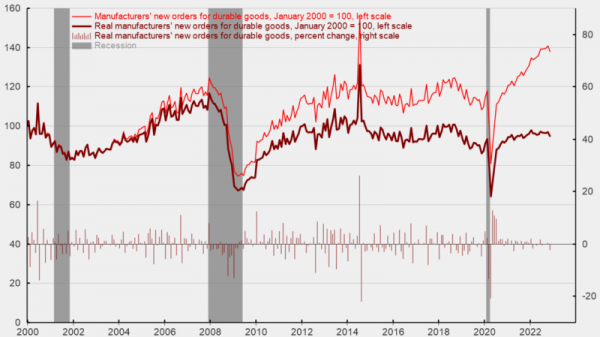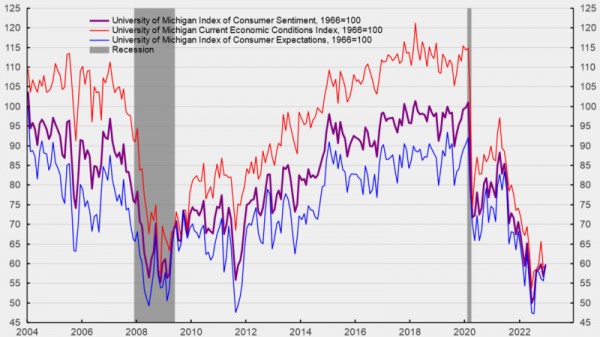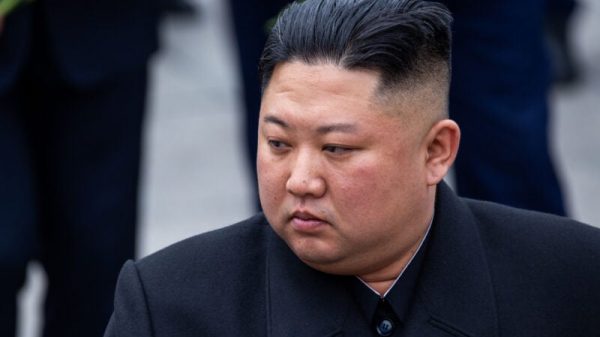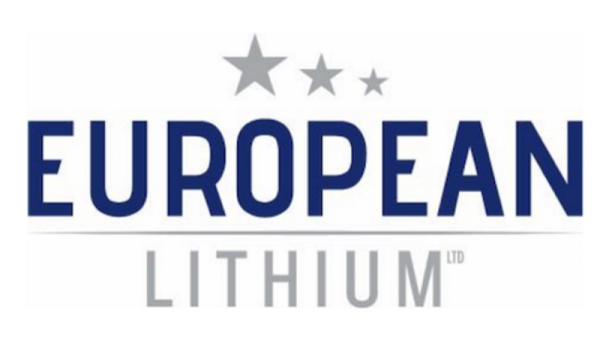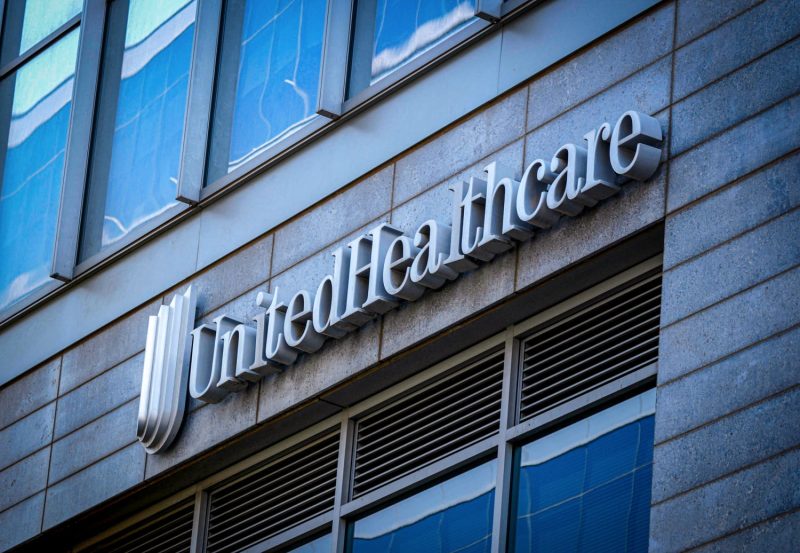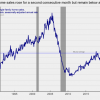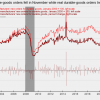UnitedHealthcare on Thursday tapped company veteran Tim Noel as its new CEO following the targeted killing of its former top executive, Brian Thompson, in Manhattan in December.
Noel was the head of Medicare and retirement at UnitedHealthcare, the largest private health insurer in the U.S. It is the insurance arm of UnitedHealth Group, the nation’s biggest health-care conglomerate based on revenue and its more than $480 billion market cap.
Noel, who first joined the company in 2007, “brings unparalleled experience to this role with a proven track record and strong commitment to improving how health care works for consumers, physicians, employers, governments and our other partners,” UnitedHealth Group said in a statement.
The company is still reeling from the murder of Thompson, which unleashed a torrent of pent-up anger and resentment toward the insurance industry, renewed calls for reform and reignited a debate over health care in the U.S.
Amid concerns about physical safety, companies across the industry have beefed up security for their executives and removed their photos and much of their personal information from their websites. That includes UnitedHealth Group, which appears to no longer have an executive leadership page.
Luigi Mangione, who was charged in the deadly shooting, is currently being held without bond in Brooklyn, New York. Mangione, 26, faces charges including murder and terrorism, to which he has pleaded not guilty.
Noel oversaw a part of UnitedHealthcare’s business that includes Medicare Advantage plans, which have been the source of skyrocketing costs for insurers.
Medicare Advantage, a privately run health insurance plan contracted by Medicare, has long been a key source of growth and profits for the insurance industry. But medical costs from Medicare Advantage patients have jumped over the last year as more seniors return to hospitals to undergo procedures they had delayed during the Covid-19 pandemic.
UnitedHealthcare’s Medicare and retirement unit serves one-fifth of Medicare beneficiaries, or nearly 13.7 million patients, according to a fact sheet from the company.
UnitedHealth Group CEO Andrew Witty said on an earnings call last week that the profit-driven U.S. healthcare system “needs to function better” and be “less confusing, less complex and less costly.”
Witty said members of the system benefit from high prices, noting that lower prices and improved services can be good for customers and patients but can “threaten revenue streams for organizations that depend on charging more for care.” However, Witty did not address to what extent UnitedHealth Group benefits from that model.
In its first quarterly results since the killing, UnitedHealth Group reported fourth-quarter revenue that missed Wall Street’s expectations due to weakness in its insurance business.
The company’s 2024 revenue rose 8% to $400.3 billion, and it expects revenue to climb again this year to a range of $450 billion to $455 billion.
— CNBC’s Bertha Coombs contributed to this report

